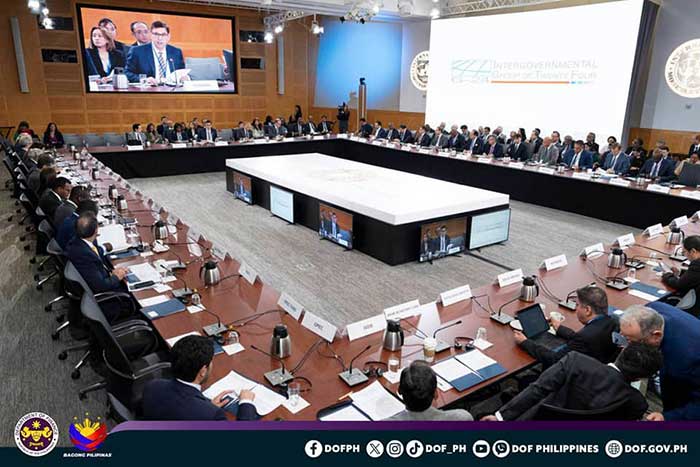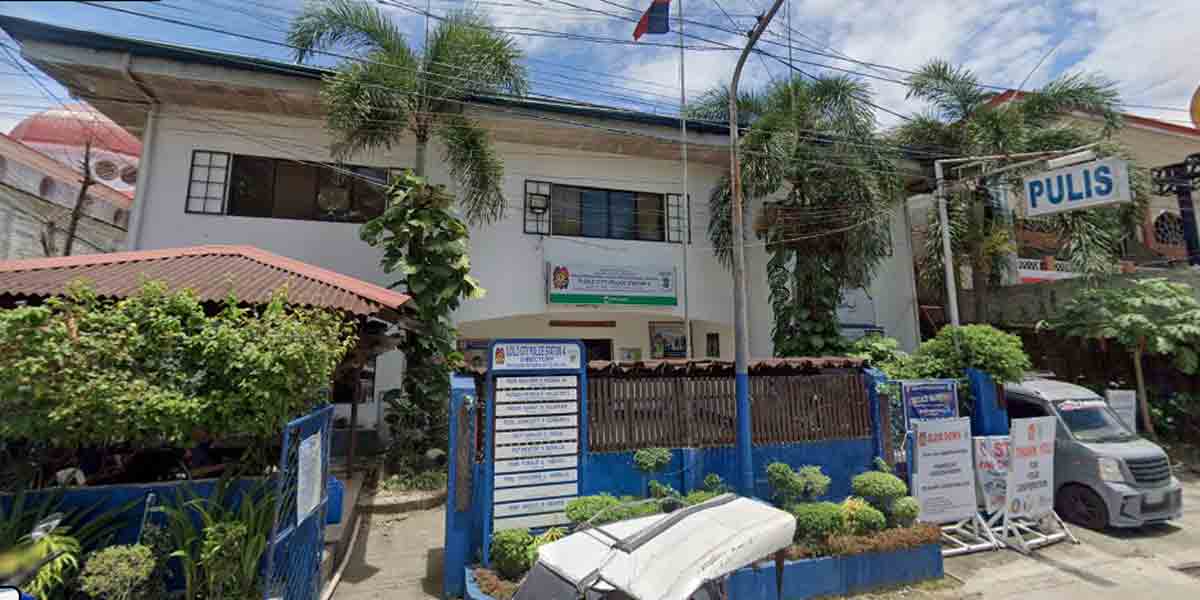
By Francis Allan L. Angelo
In a pivotal G-24 meeting led by Philippine Finance Secretary Ralph G. Recto, an urgent call was made for the World Bank Group (WBG) and the International Monetary Fund (IMF) to enhance their aid to developing countries.
Recto, presiding as Chair of the Board of Governors on April 16, 2024, highlighted the critical need for immediate short-term liquidity and affordable long-term financing to address the threats to the growth prospects of these nations.
“Alarmingly, one in every four developing countries is now poorer than before the pandemic,” Recto warned, pointing to the disproportionate impact a global economic downturn could have on these economies. He emphasized that this situation poses a significant threat to global peace, economic security, and prosperity.
The need for innovative financing solutions was underscored by Secretary Recto as pivotal in helping developing nations to weather future challenges. He pinpointed the IDA21 — the International Development Association — as an urgent and critical lifeline for these countries, stressing the necessity for its ambitious replenishment and efficient delivery.
“The ambitious replenishment, expedited disbursement, and efficient delivery of the International Development Association, or IDA21, is an urgent matter as it serves as a critical lifeline for developing nations,” Secretary Recto said.
IDA, a part of the WBG, is known for extending grants and low-interest loans to the world’s poorest nations. The Finance Chief underscored the risk of significant setbacks in poverty eradication and investments in growth-enhancing infrastructure, without improvements to financing conditions.
In response to the call for action, IMF Managing Director Kristalina Georgieva and WBG President Ajay Banga presented their institutions’ strategies to provide broader access to concessional financing and bolster the productivity and resilience of developing economies.
The April 2024 G-24 Communiqué echoed the urgency of equitable support from international financial institutions. It applauded the IMF’s enhancement of the PRGT facilities and urged for the redirection of Special Drawing Rights (SDRs) to support emerging markets and development economies as well as Multilateral Development Banks (MDBs).
The Communiqué also called for revisions in the IMF’s rate of charge to alleviate member nations’ fiscal burdens, allowing them to pursue development and climate goals more effectively.
Highlighting the underrepresentation of emerging markets and developing economies in the IMF’s governance, the G-24 insisted on addressing this issue to maintain the organization’s credibility.
The Group also lauded the WBG for efforts toward making a more substantial, efficient institution, and recommended further reforms to ensure predictable and coordinated resolutions for sovereign debt issues.
On climate action, the G-24’s backing of the Loss and Damage Fund (LDF) initiative and the call for donor countries to fulfill their commitments were significant. Additionally, it supported the creation of a Framework Convention on International Tax Cooperation and the mitigation of trade fragmentation risks.
The broader call for increased cooperation to meet global challenges, including climate change, international tax cooperation, and trade, underscored the G-24’s commitment to a collaborative approach in tackling these issues.
More information about the meeting outcomes can be found in the official Communiqué released by the IMF: https://www.imf.org/en/News/Articles/2024/04/16/cm041624-intergovernmental-group-of-twenty-four-on-international-monetary-affairs-and-development.
The meeting marks a defining moment for the G-24, which, despite its name, now comprises 29 member countries, each grappling with unique financial and developmental challenges amid a dynamic global economic landscape.
The G-24 now includes Algeria, Argentina, Brazil, China, Colombia, Congo, Côte d’Ivoire, Ecuador, Egypt, Ethiopia, Gabon, Ghana, Guatemala, Haiti, India, Iran, Kenya, Lebanon, Mexico, Morocco, Nigeria, Pakistan, Peru, Philippines, South Africa, Sri Lanka, Syria, Trinidad and Tobago, and Venezuela.



















